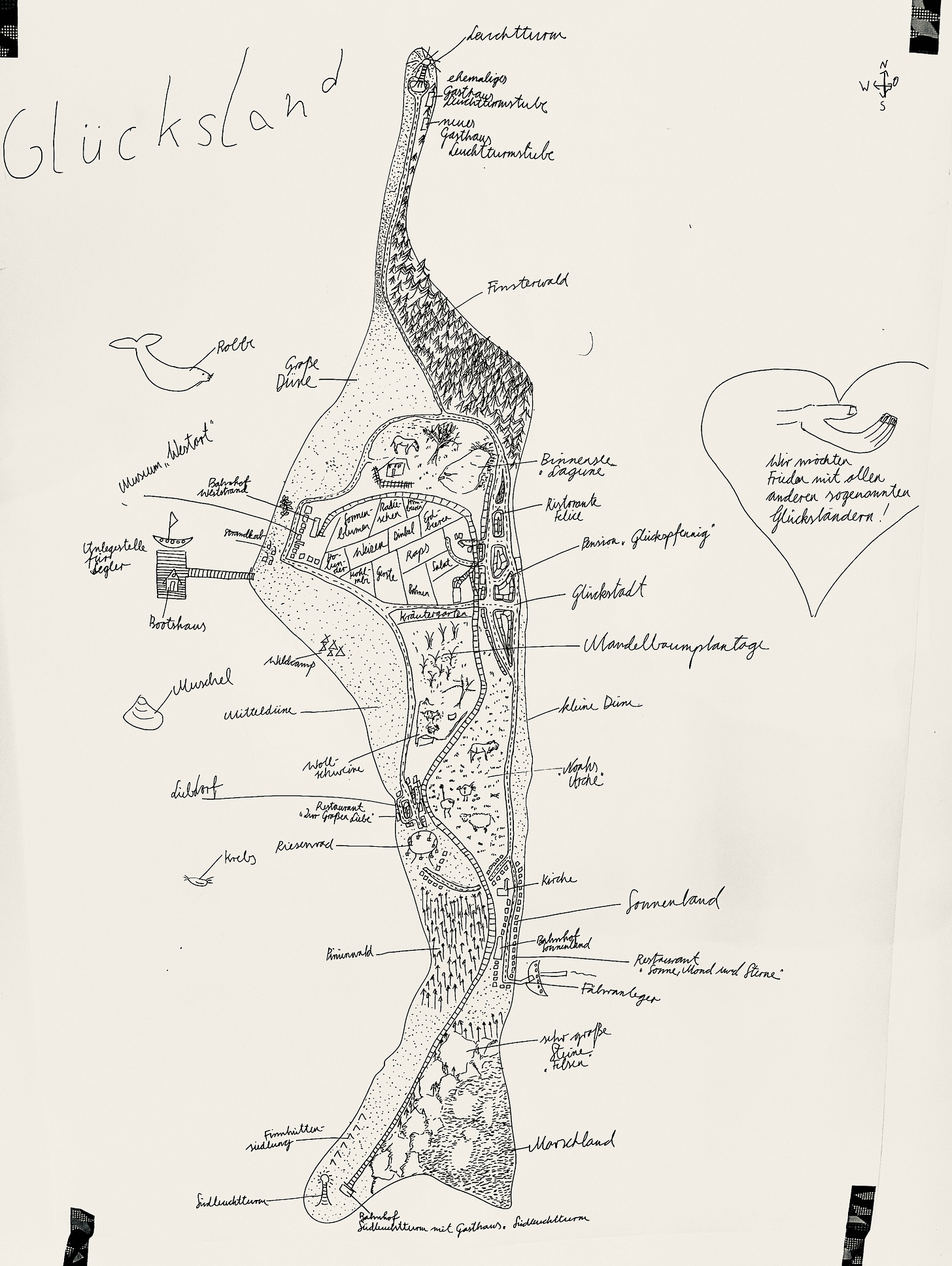Should people be allowed to form states?
#102
My Dear Friend of Democracy,
Democracy is sometimes a complicated thing.
What to do if people no longer want to live in the state they live in but want to found their own state? When a national secessionist movement advocates for the claim that a population within a state is a nation that has the right to form its own nation-state?
How should democracy deal with this?
Should the secessionist issue be put to a vote? And if so, who should vote? All citizens of the country or just the region where the secession is discussed? And when would such a split be legitimate? Is the majority enough? Or does changing the status quo require more than 50 per cent approval?
Many questions. With practical relevance for Europe.
I looked it up, and it is hard to believe: There are active separatist movements in almost every European country. Wikipedia lists more than 100 movements in 28 European states.
Although they are often small, and even though it is sometimes not about secessionism but more autonomy within a country, the common denominator is the same: gaining more independence.
As you might imagine, very few movements are ultimately successful.
One example is Montenegro.
Following the dissolution of the Federation of Yugoslavia in 1989, Montenegro was part of Yugoslavia’s successor state (named the State Union of Serbia & Montenegro in 2003) until it declared independence on 3 June 2006.
Before, on 21 May 2006, a referendum was held (only in Montenegro) where the majority of citizens voted in favour of Montenegrin independence.
But here is the thing: The independence referendum was approved by only 55.5 per cent of voters, narrowly passing the 55 per cent threshold!
Isn't that crazy? If only a few people hadn't voted for independence, the state of Montenegro would not exist today.
Another best-known example of a separatist movement in Europe is Catalonia.
In 2017, an (by the federal state declared illegal) independence referendum was held. It was followed by a declaration of independence that caused Spain's worst institutional crisis in more than 30 years.
As you know, Spain did not give Catalonia independence.
However, this example leads to a second big question about democracy.
Votes reflect opinions at a specific point in time. But nation-building issues have very long-term consequences. So what if views change?
Like in Catalonia of today.
As Catalans held elections this weekend, it became obvious that the separatist movement had lost energy and unity.
The two most famous separatist parties, Together for Catalonia (JxCat) and the Catalan Republican Left (ERC), will no longer control the regional parliament.
So what if Catalonia had become a state, but now the majority wanted to be part of Spain again? Should the national borders also be redrawn again? That's rather difficult. So you have to think about such developments right from the start when you ask whether people in states should be allowed to found their own states, right?
As you see, today's letter has more questions than answers.
I hope this is more stimulating than confusing.
See you in Europe,
Johannes
PS: Drawings of fantasy states hang in our apartment. People here seem to be secessionists-turned, enjoying imagining what the world could look like. ;-)



Good read. Thanks 👍
A real conundrum. Excellent questions!